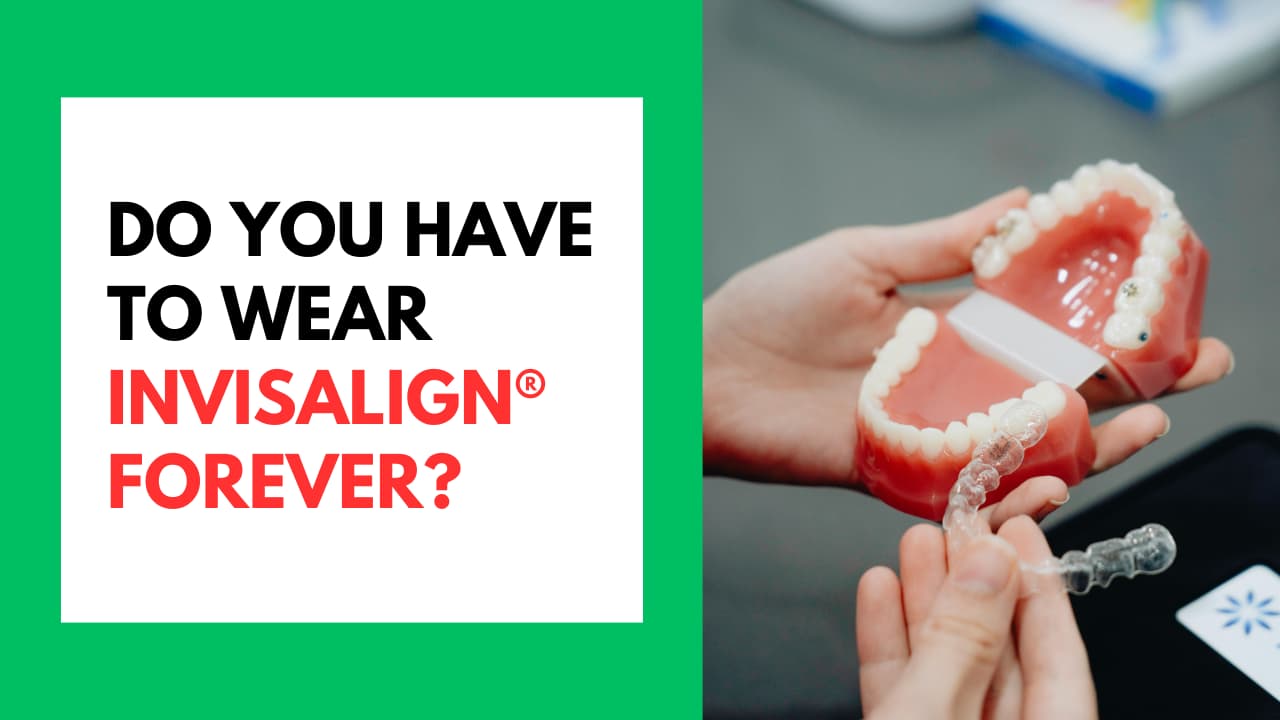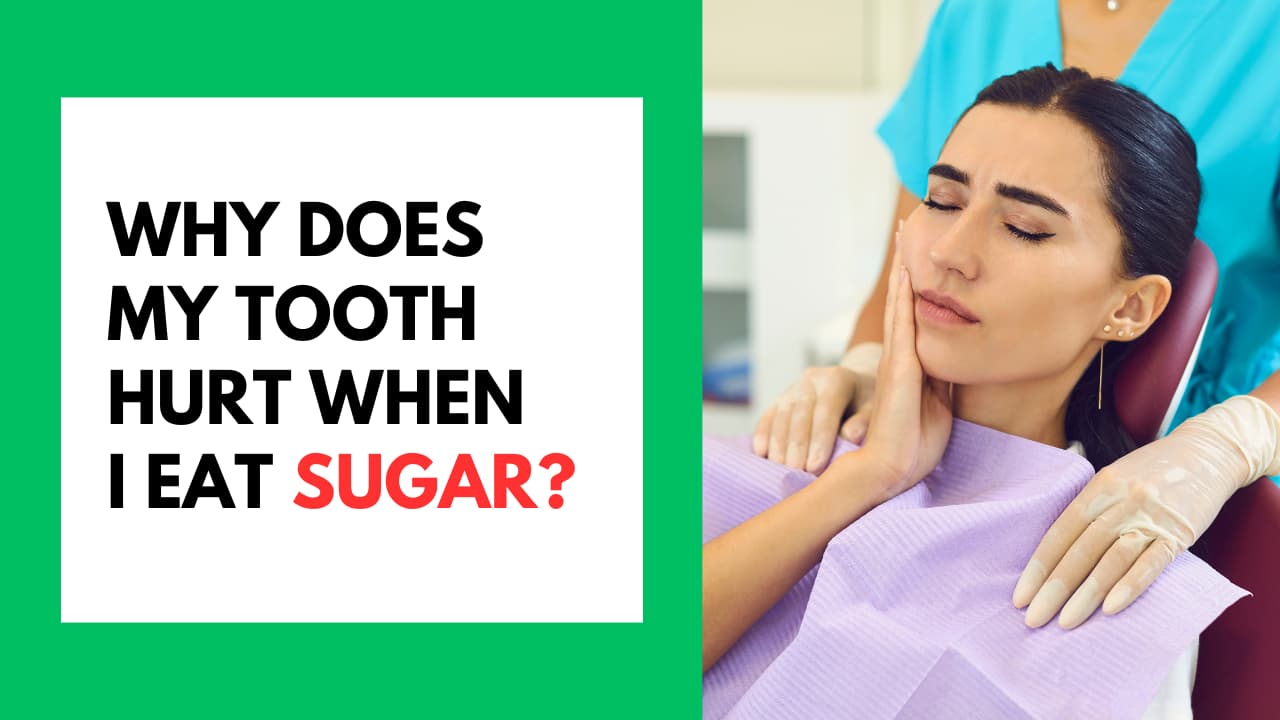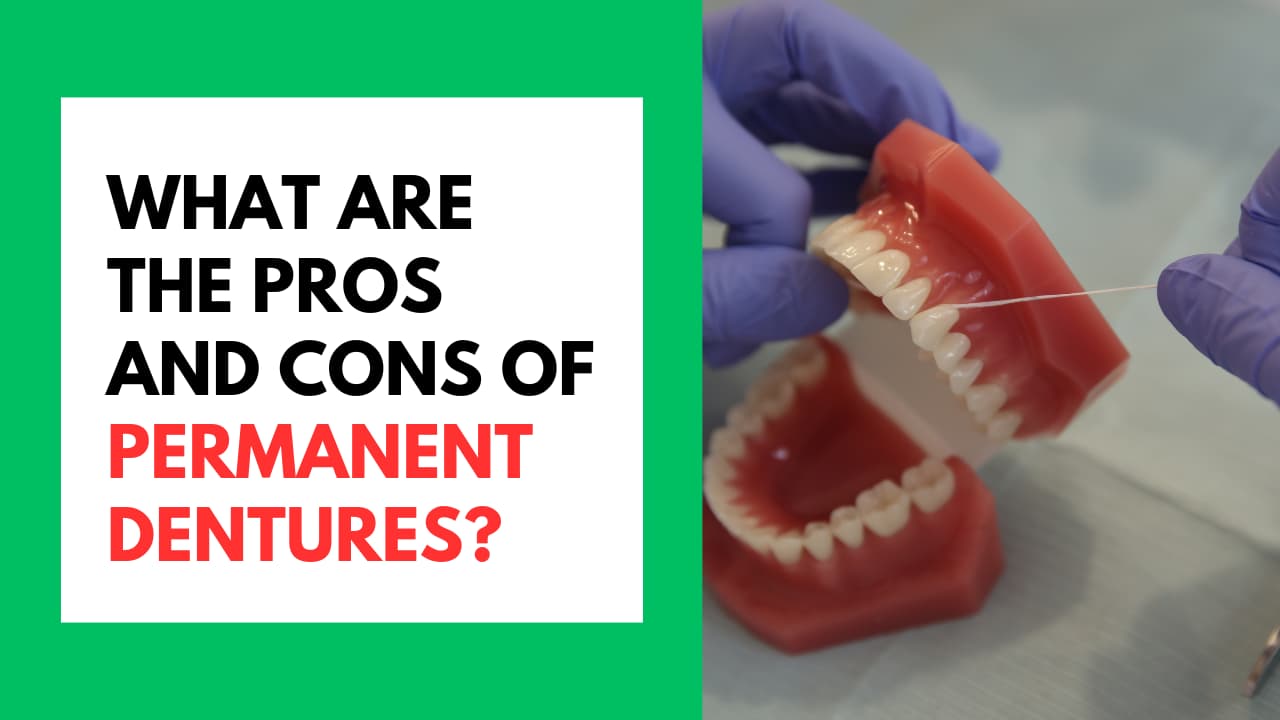Have you ever taken a sip of your morning coffee and suddenly noticed a weird, soapy taste that left you confused and uncomfortable? That strange, lingering flavor can make your usual meals taste off and leave you wondering what’s going on with your taste buds. It can show up at any time, while eating, after brushing your teeth, or even when you’re not doing anything special. This odd taste can be both annoying and puzzling. So, what’s really behind this soapy taste in your mouth? Let’s discuss:
Expert in This Article
Dr. Lomesh Popat, a dentist and Army Captain, specializes in dental sleep therapy and advanced implant care.
What Does a Soapy Taste Mean?
A soapy taste in the mouth feels like a leftover flavor that reminds you of soap or detergent. It’s usually bitter, a bit sharp, and can leave your tongue and mouth feeling weird or slippery. This strange taste can make eating and drinking less enjoyable because your favorite foods might suddenly taste strange or off.
Common Causes of a Persistent Soapy Taste
Having any unusual taste in your mouth is abnormal. According to Dr. Lomesh Popat of Divine Dental Studio, “A soapy taste in the mouth often signals an underlying change in oral or systemic health, and understanding its cause is key to restoring normal taste and comfort.” Some common causes include:
· Medication Side Effects
Some medicines can change how things taste and may leave a soapy flavor in your mouth. Common examples include antibiotics, allergy medicines (antihistamines), and antiviral drugs. These medicines might change how your taste buds work or affect your saliva, making things taste strange.[1]
The soapy taste can stick around while you’re taking the medicine and even stay for a while after you stop. This can be frustrating, especially if it ruins your appetite or makes food less enjoyable. If this happens, it’s a good idea to talk to your doctor about trying a different medicine or ways to reduce the side effects.
· Oral Hygiene Issues and Infections
Not brushing and flossing well can cause bacteria to grow too much in your mouth, leading to gum disease or infections like thrush. These problems can create odd tastes, including a soapy one. When bacteria build up, they produce waste that changes the way things taste. Also, if plaque or bits of food are stuck on your teeth or tongue, they can add to the soapy flavor. Keeping your mouth clean with good daily habits and visiting the dentist regularly helps prevent this. If an infection is the cause, treating it with the right medicine usually clears up the bad taste.
· Genetic Sensitivity to Certain Foods
Some people are born with a gene that makes certain foods, like cilantro or carrots, taste like soap. This happens because their brain processes these flavors differently due to special smell and taste receptors. While this reaction is harmless, it can be annoying because it happens every time those foods are eaten. Knowing this is a genetic trait helps explain why some people dislike these foods while others think they taste fine.
· Environmental and Chemical Exposure
Being around certain chemicals or pollutants, like too much sodium fluoride in water or harmful fumes, can affect how things taste. These substances may damage taste buds or make your mouth tissues more sensitive, leading to a soapy taste. This is more common in people who live in polluted areas or work with strong chemicals. If you think this might be the reason, it’s important to reduce your exposure and see a doctor for advice and testing.
· Medical Conditions
Some health problems can also cause a soapy taste in your mouth. For example, acid reflux can send stomach acid into your mouth, which affects your taste. Hormonal changes, like those during pregnancy or menopause, can also affect how you taste food. Certain brain or nerve disorders may change how your taste buds send messages to your brain, causing weird or soapy flavors. If a medical issue is the reason, treating the condition often helps get rid of the strange taste. Seeing a doctor can help you find and fix the root problem.
Underlying Health Conditions That Can Cause a Soapy Taste
A constant soapy taste in your mouth means that the issue goes beyond just the food you eat or your oral hygiene, and it may be a reason to see a doctor for a proper check-up. “Effective treatment starts with understanding each patient’s specific condition; only then can we create personalized care plans that truly help restore health and improve their quality of life.” Explains Dr. Lomesh Popat.
· Gastroesophageal Reflux Disease (GERD)
GERD happens when stomach acid moves up into the esophagus, which is the tube connecting the mouth and stomach. This backflow of acid can irritate the throat and sometimes even reach the mouth. It can leave a bad soapy or metallic taste, especially in the morning or after eating.[2]
The acid changes the normal balance in the mouth and throat, which affects how the taste buds work and changes the makeup of saliva. Along with this soapy taste, people might also feel heartburn, a sour taste, a sore throat, or a cough. Making lifestyle changes, taking medications, and changing your diet can often help manage GERD and improve the strange taste in the mouth.
· Sjögren’s Syndrome
Sjögren’s syndrome is a condition where the body’s immune system attacks its own glands, especially the ones that make saliva and tears. This causes dry mouth and dry eyes. When there isn’t enough saliva, the mouth can’t clean itself properly, which allows bacteria to build up and causes changes in how things taste. This dryness can lead to a long-lasting soapy or metallic taste and also raise the chance of tooth problems. Other symptoms include tiredness, sore joints, and aching muscles. Treating the symptoms and preventing problems usually helps reduce the soapy taste over time.
· Burning Mouth Syndrome
Burning mouth syndrome causes a constant burning feeling on the tongue, lips, or roof of the mouth. It often comes with changes in taste, like a soapy or metallic flavor. Doctors don’t know exactly what causes it, but it may be due to problems with nerves, hormone levels, or emotional stress. The ongoing burning feeling and taste issues can make it hard to enjoy food and lower the quality of life. Treating this condition usually involves different steps like managing pain, making sure the person gets the right nutrients, and treating any other health issues that might be causing it.
· Fluoride Overexposure
Taking in too much fluoride, through drinking water, toothpaste, or supplements, can lead to a condition called fluorosis or even fluoride poisoning. One sign of this is a long-lasting soapy or salty taste in the mouth. High fluoride levels can also cause white or brown spots on teeth, irritation in the mouth, and other health issues in serious cases. If you think you’ve been exposed to too much fluoride, it’s important to cut back and talk to a doctor for advice and treatment.[3]
When to See a Doctor?
You should see a doctor if the soapy taste in your mouth doesn’t go away after a few days, gets worse, or comes with other symptoms like vomiting, stomach pain, jaw or tooth pain, red or swollen gums, or bad breath. Get medical help right away if the taste starts after a head injury, or comes with signs of a stroke, fainting, or being around harmful chemicals. As Dr. Lomesh Popat states, “Changes in taste, especially if they last or come with other symptoms, shouldn’t be ignored; they can be signs of deeper health problems that need quick attention.”
Wrapping Up
If you have a constant soapy taste in your mouth, don’t ignore it. It could be anything from gum disease to a cavity or an infection. While poor brushing and flossing habits are often to blame, other things like medications, acid reflux, or dry mouth can also cause this taste. A visit to the dentist can help find out what’s causing it and how to treat it. This not only helps get rid of the bad taste but also keeps your mouth healthier overall.
References
- WebMD — “Oral Side Effects of Medications”
- Cleveland Clinic — “Acid Reflux & GERD: Symptoms, What It Is, Causes, Treatment”
- Healthline — “Soapy Taste in Mouth: What’s Causing It?”

Annie Edith is an experienced journalist and content creator with a strong passion for health and wellness. She takes a unique approach to her writing, exploring the latest trends in Dental, Fitness, and mental well-being, while providing readers with informative, research-based articles.





